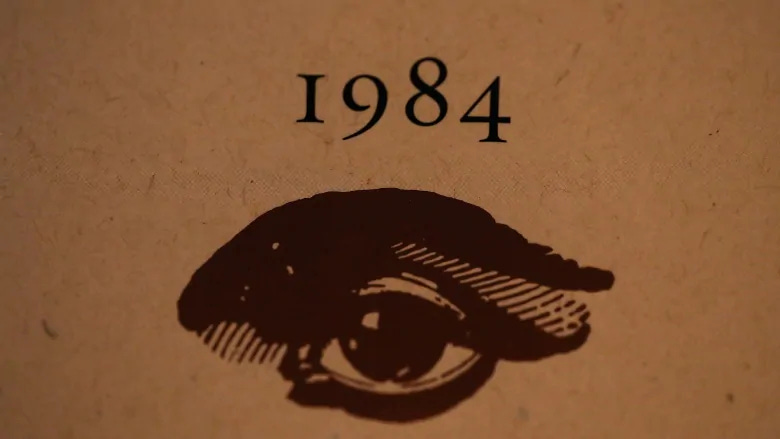From Orwell to Today: The Battle of Free Expression in a Polarized World
In the summer of 1946, George Orwell took the world through the journey of why he writes. He delved into his childhood, his passion for literary description, his early development, and inspiration. In ‘Why I Write’, he discussed the conditions that shaped his life, more as a duty rather than a career. For Orwell, it is doubtful that “one can assess a w…
Keep reading with a 7-day free trial
Subscribe to Ndeli’s Substack to keep reading this post and get 7 days of free access to the full post archives.


